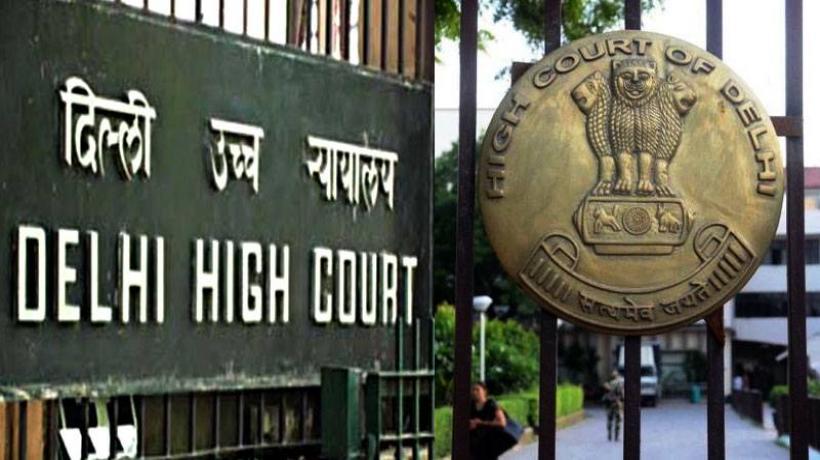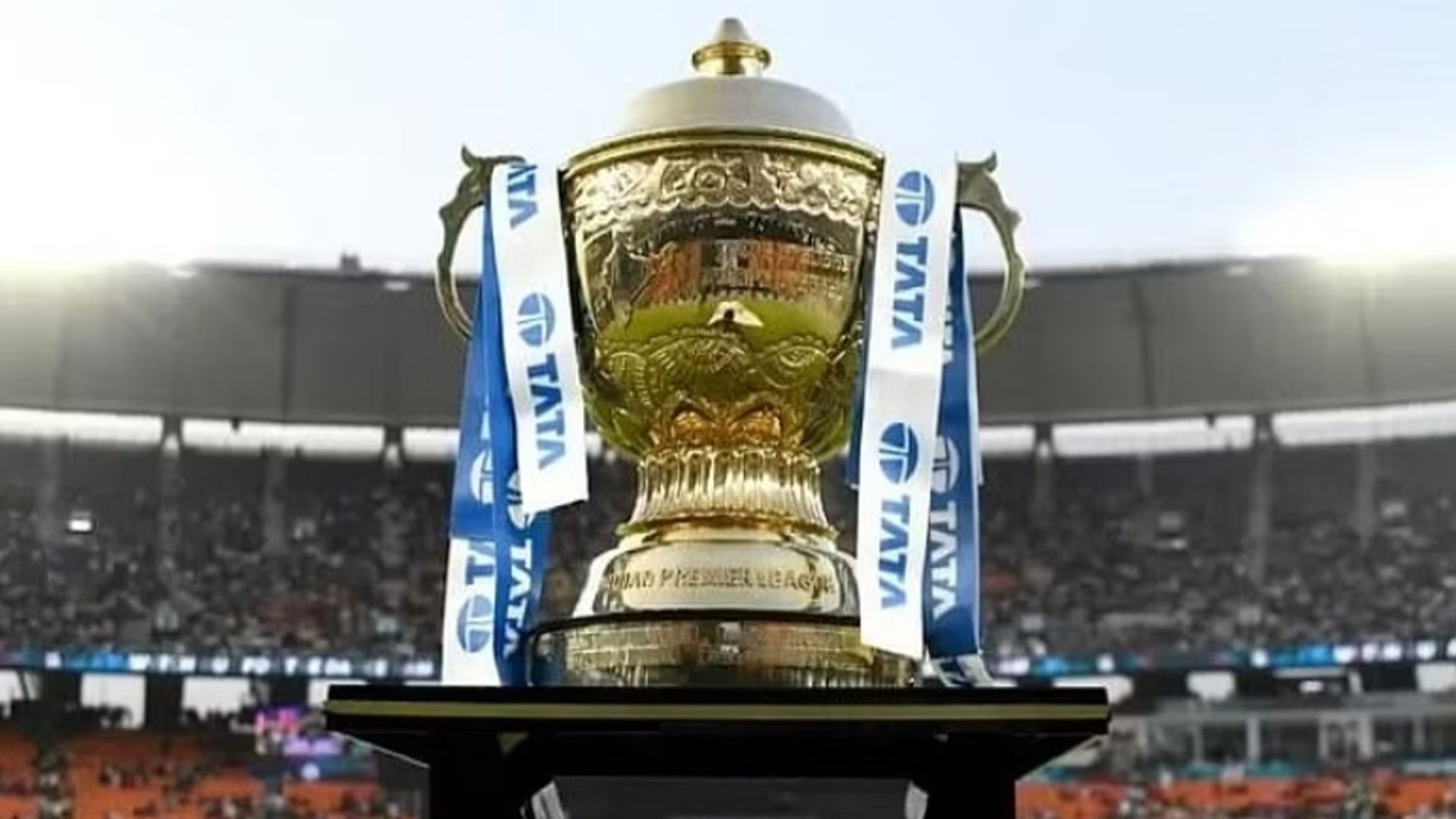
The Delhi High Court in the case U.P. Jal Vidyut Nigam Ltd v. C.G. Power & Industrial Solution Ltd observed and has stated that he application of Section 14 of the Limitation Act is not available to a petitioner who, through lack of diligence, allowed its section 34 petition moved under the Arbitration and Conciliation Act which is to be dismissed twice for non-prosecution.
The bench comprising of Justice Rajiv Shadkher and Justice Tara Vitasta Ganju in the case observed and has held that the that a petition was dismissed in default on two occasions, shows complete lack of due diligence in its prosecution.
The court in the case held that the benefit of Section 14 of the Limitation Act, which exempt a period covered by litigious activity and protects a litigant against the bar of limitation when a proceeding is dismissed on account of a technical defect instead of being decided on merits, it would not be extended to a party that fails to diligently pursue a matter.
Facts of the Case:
The dispute arose stemmed from a contract for the execution of Power House Electrical equipment at District Saharanpur which is awarded to the Respondent by the Appellant through a contract dated September 28, 1988.
The Arbitration ensured due to disputes between the parties, which resulted in an Arbitral Award dated 15.03.2001 in favor of the Respondent. Aggrieved with the same, the appellant challenged the award under Section 34 of the A&C Act.
The Section 34 Petition faced procedural challenges which includes the transfers between different courts (Saharanpur and Patiala House Courts, New Delhi) and dismissals in default on two counts. The Appellant, citing legal advice, withdrew the case from the District Judge at Saharanpur and filed it before the District Co Again, the Section 34 Petition faced jurisdictional issues and was eventually filed before a Single Judge of the Court on August 25, 2018. The court in the case noted that the proceedings took an unusual 17 years to reach adjudication and dismissed the petition as barred by limitation.
Therefore, the appellant filed an appeal under Section 37 of the A&C Act against the dismissal of the Appellant’s application under Section 14 of the Limitation Act, wherein seeking to condone a substantial delay of 6263 days in filing a petition under Section 34 of the Act which resulted in the dismissal of the petition.
The court in the case observed and has analysed the conditions of Section 14 of the Limitation Act, emphasizing the need for due diligence, good faith, defect of jurisdiction, and the same matter in issue. The court observed and has found that Appellant’s conduct lacking in due diligence, pointing to dismissals in default, delays, and filing in courts lacking jurisdiction. The court sated that the petition was dismissed in default on two occasions, which shows complete lack of due diligence in its prosecution. It has been held by the court that the application of Section 14 of the Limitation Act is not available to a petitioner who, through lack of diligence, allowed its Section 34 petition under the Arbitration and Conciliation Act to be dismissed twice for non-prosecution.
It has also been pointed out by the court that the lack of explanation for the repeated dismissals.
The court observed that the appellant failed to provide a reasonable explanation for filing in the wrong court, demonstrating a lack of due diligence and care. The court while considering the facts and circumstances of the case concluded that the pre-conditions for the application under Section 14 were not satisfied, leading to the dismissal of the appeal. Accordingly, the court dismissed the appeal.
The counsel, Advocates Mr. Pradeep Mishra and Mr. Daleep Dhyani appeared for the Appellant. The counsel, Advocates Mr. Ramesh Singh, Sr. Adv. with Ms. Monisha Handa and Mr. Mohit D. Ram represented the respondent.















